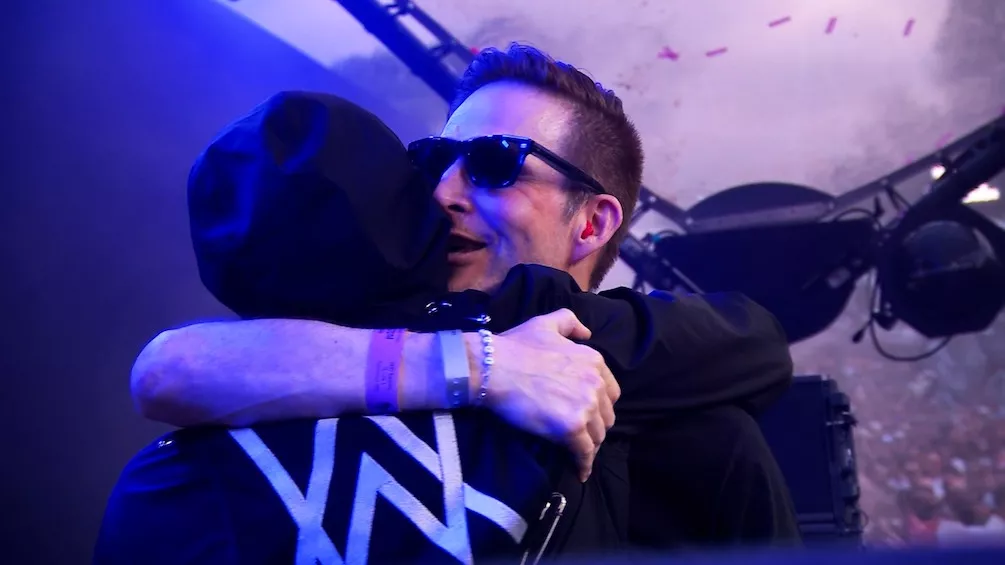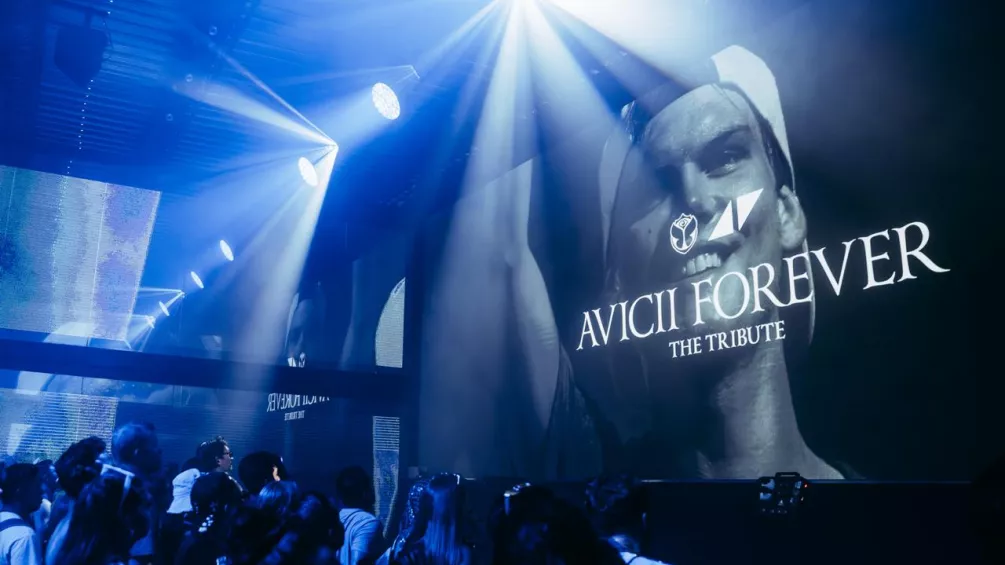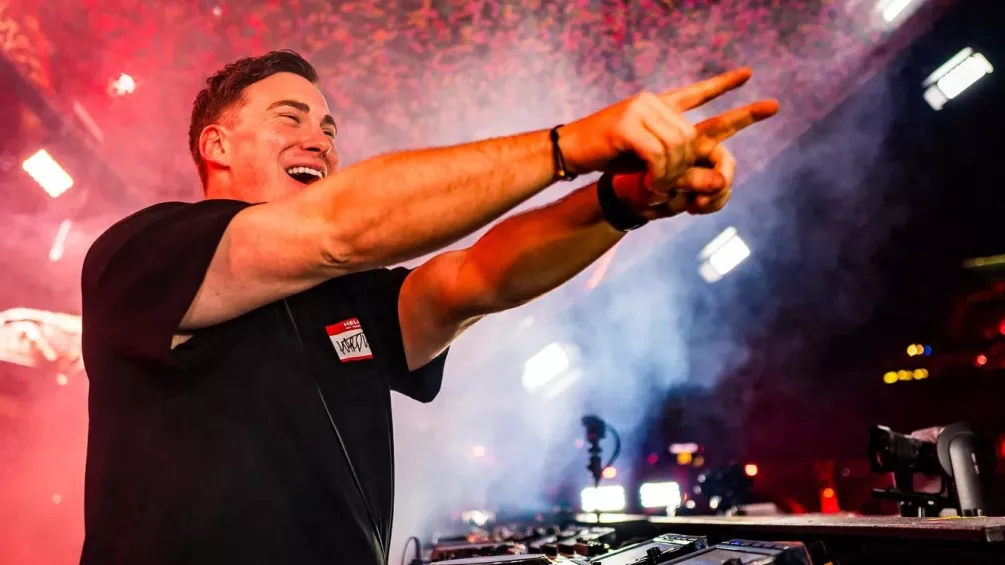
DJ Mag Best of British awards 2023: the winners
“It’s hard to wrap up 30 years in one conversation,” says Rinse co-founder Geeneus, aka just Gee, as he speaks to us from the Hoxton studios of the station he set up in 1994. Winning DJ Mag’s Best Of British award for Outstanding Contribution, he tells us, is welcome recognition for what Rinse has done. Because after so long, “you start forgetting about what you’re achieving. You’re just on a constant journey.”
What a journey it’s been. Rinse began as a pirate radio station run from the tower blocks of East London, manned by an original crew of musical pioneers including Slimzee, Target, Wiley, Trend, TNT “and a few other people that are not around anymore”. Today it commands a global online audience, has an official FM licence, throws regular parties and employs around 47 staff across offices in London, Paris and Bristol.
Included in this empire are four stations: Rinse UK, Rinse France, Bristol’s SWU FM and Kool FM. Taking on the latter this year, after founder Eastman stepped down while continuing to host a show, proved particularly emotional. [Text Wrapping Break]“Without Kool, there would be no Rinse,” explains Gee, outlining the inspiration and lessons provided by the drum and bass/jungle-centred London pirate that preceded them. With it came the Kool label, adding to Rinse’s own in-house imprint and Bad Music, a label for “more singer-songwriter style acts”.
Along the way, the station has been a launchpad for numerous musical styles, including garage, grime, dubstep and funky, constantly championing young acts and artists. Various Rinse alumni, such as Wiley, Dizzee Rascal and Katy B, have gone on to chart-topping success, showing that the station’s underground roots steer mainstream taste.
At the heart of this lies Gee’s passion and hard graft. Rinse began organically, he says, fuelled by friends with a pure love of music and a DIY mentality. After getting kicked off Pressure FM, the pirate he started DJing on, the only opportunity to continue seemed to be to start their own station. [Text Wrapping Break]“A friend got given a flat by the council, and I persuaded him to let us switch on in there, as we’d managed to get a little bit of money for a transmitter. We didn’t know what we were doing, it wasn’t a big thought out process.”
Continuing to follow his nose has been at the centre of Rinse’s success. “One of the things I’ve learned in life is that lots of people have ideas,” he says. But not everyone tries them out. The station’s earliest days, working out logistics while dodging rival stations and the police, taught him you had to “figure it out as you go along”. It’s what earned the name Geeneus: “I would be the person to technically figure everything out. I would solve the problems, so they thought it suited me.”
This attitude is baked into Rinse. “We have a manifesto,” he goes on of the learnings drawn up into the station’s creed. “One of the key points is to ‘fail quickly’. So do everything you can as quickly as possible. Go into it knowing you’re going to fail, then learn as you go.” Other guiding ideals, he adds, are, “be brave enough to try”, and, “try not to get stuck on yesterday’s thought process”.[Text Wrapping Break]The latter of these is behind Rinse’s policy of ‘Destroy and Rebuild’, its periodic shifting of identity, jettisoning old shows to welcome in new sounds and fresh talent — the station’s latest wave of DJs announced in November. [Text Wrapping Break]“You’ve got to keep adjusting and moving,” says Gee, explaining it’s why he enjoys his job so much. “I hate anything staying the same.”
This on-going process of shedding its skin might not have the same clear delineation as it did during the definitive genre shifts of the ’90s and 2000s, but it serves the same purpose. “It’s about finding the next generation, always finding that next new person,” says Gee. “We don’t have a dubstep or funky or something like that anymore. But we still have a lot of emerging talent coming from a grassroots place.” Spotting the stars of the future has always been key, says Gee, who would rather have “the new thing than the big thing”.
Integral to this has become a kind of mentoring role, guiding up-and-comers through the pitfalls of the music industry. [Text Wrapping Break]“When I was young we had a record deal,” he says of his time as part of garage outfit Pay As U Go in the early 2000s. “We had management and thought we were going to smash it.” In retrospect, he recognises the group’s naivety without anybody to guide them. After they were dropped, “We were left sitting there being like, ‘what next?’ Luckily we had our own thing. It’s an industry that can be really good, but it can also be really brutal.”
Rinse currently has around 700 DJs across all stations, and in the last year the newly revamped website has had to double its bandwidth to keep up with the demand for streaming. “The only problem I have is that we’ve been here for so long, everyone thinks we’re like Google. Nobody thinks anything will ever happen to Google.” But Rinse is where it is, he says, through a huge constant, collective effort.
“We have a relentless approach to get the job done and that’s something we’ve never stopped. I work 12 hours a day, no problem, Monday, Tuesday, Saturday, Sunday, I don’t care. It’s an approach we’ve always had.” As a pirate, it pushed them beyond other stations. To combat raids by the authorities, “we started stacking equipment, we had about 15 to 20 radio stations’ worth”. When Slimzee was arrested one night and their transmitter taken, “we were back on air within an hour”.
While other stations ran from Friday to Sunday, Rinse pioneered broadcasting around the clock. “We started dabbling with a Thursday evening or a Wednesday. Then we’d switch on for the whole of Christmas.” One year they just decided to continue, broadcasting non-stop for four months.
They’re still pushing things forward. This year marks their 30th anniversary, with a Rinse festival in Brockwell Park, South London, on 24th May. Alongside this, they’ll be hitting various other festivals around the country. They’re opening their own venue, “something small and intimate”, while all three labels are gearing up to release lots more music. “For me it’s more of the same,” says Gee. “Keep evolving, keep moving and keep trying to deliver something that’s helpful, while having fun in the process.” Included in this, he says, is letting the team choose their own rewards to mark the company’s success.
Occasionally, he even gets a moment to reflect himself. “We do things, we keep going. Then sometimes, we’ll stop for a moment. And I think, ‘this is a really nice radio station we’ve got here’.” JOE ROBERTS





